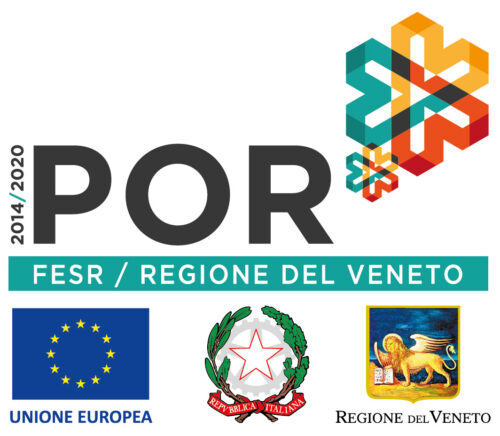Curiosity / Organic World / Sustainability
Quality soil to protect human health and the environment

Preserving the soil quality is one of the fundamental actions to safeguard life on planet Earth and to promote a reduction of co2 emissions, as shown in several studies. To do this, one way is to protect biodiversity, which is closely linked to food production, human health, pollution and climate change.
The agriculture plays a key role, as well all human activities aimed at ‘capturing’ co2 by reducing environmental impact and leading to a decrease in negative effects.
But what does a healthy soil consist of?
A healthy soil is made up of minerals, living animal and plant organisms, organic substances, air and water. The benefits that biodiversity offers to agriculture and food security are many: soil microorganisms, for example, transform organic and inorganic compounds, releasing substances that plants can use as a source of nutrition; they contribute to carbon sequestration, thus reducing greenhouse gas emissions, by promoting the complete degradation of organic matter.
It is therefore clear that soil biodiversity is doubly linked to the agricultural world. Food is incredibly influenced by this component, this is the reason why it is essential to counteract climate change and avoid negative effects on the soil.
In the case of vine cultivation, for example, climate change has a strong influence in terms of flavour and minerality in wine. Poor soil management can undermine the organoleptic qualities of grapes and wine. Not to mention a decrease in its fertility, as previously said. To counter these effects, compost, a nutrient-rich mixture similar to brown loam, can be used in agriculture during autumn periode to provide all the necessary care for the survival of plants and the production of excellent grapes.
But what does Perlage do to limit its CO2 emissions?
- It uses compost in its own vineyards and in those of its suppliers. At harvest time, stalks are collected, consisting of organic matter useful for the production of new compost;
- It measures its carbon footprint: thanks to the V.I.V.A certification (a programme of the Ministry of the Environment and Energy Safety created in 2011 to promote the sustainability of the Italian wine sector) Perlage has tracked 3,001.78 tonnes of CO2 eq (for the full report click here);
- Uses photovoltaic panels to produce electricity from renewable sources;
- Reduces energy consumption through the use of technologically advanced plant and machinery;
- Adopts the 5 Rs philosophy: rethink, recycle, reduce, respect and regenerate.




